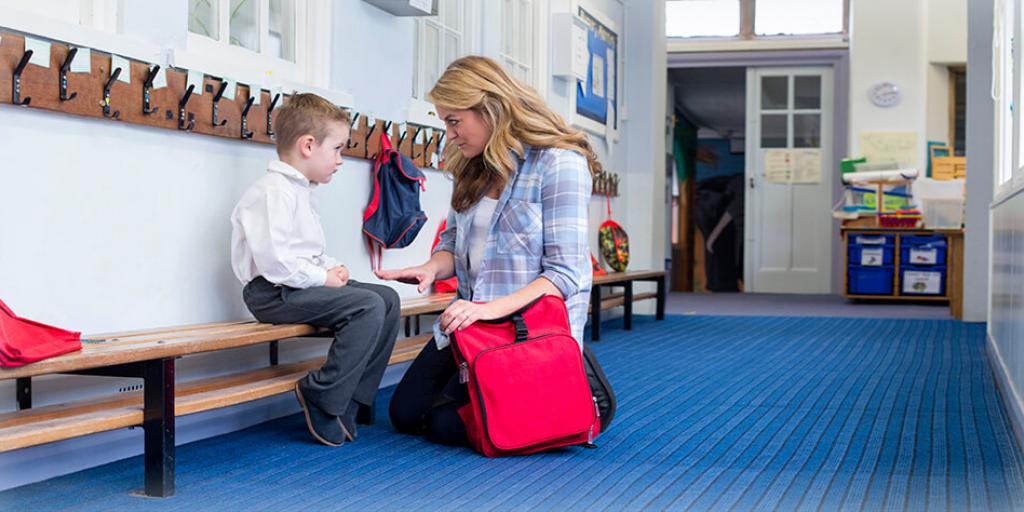
The Apology
While perusing some family photos recently, I came across the picture of a childhood friend. The photo reminded me of a wonderful carefree summer and of a profound childhood lesson.
In the summer of 1959, I developed a friendship with a neighborhood girl. Nancy and I did everything together. I would stay overnight at her house and she would stay at mine. We rode our bikes together and played games; she would eat with my family and I would eat with hers. We were inseparable.
One day, when I was playing with Nancy at her house, her mother discovered that Nancy had not cleaned her room as she had been told. She was scolded and then grounded for the rest of the day; I was sent home, in tears. Well, I did not like being sent home and I did not like it when Nancy’s mother scolded and grounded her. “I’ll show her,” I decided. So, I got out my crayons and wrote Nancy’s mom a nasty letter to express my anger and then drew an ugly picture at the bottom of it. Then I personally delivered the letter to Nancy’s mother! Of course (sigh), my mother found out about it. In fact, our mothers had quite a giggle over it. Later that day, mother showed me the letter and asked if I had written it. When I acknowledged to being its author, she corrected me and sent me to my room where I had to think about what I had done. Later, she offered a remedy by strongly suggesting that I apologize. The next day, after we discussed the letter again, mother took me to Nancy’s house, where I humbly apologized. I was forgiven and restored to my former friendly relationship with Nancy’s mother.
Having been reminded of that fateful summer day many years ago, I pondered that lesson again. Why should my mother have taught me to apologize? And, when I became a mother, why did I feel it prudent to teach my child to apologize? Why should I practice this principle now?
Although there are no specific biblical commands for one person to apologize to another, teaching this principle to our children reaps qualities of good character and spiritual fruits, and it can also help prepare our children for their relationship with God (Proverbs 22:6).
When children learn to apologize:
- They are forced to examine their behavior; to think about what they did or said. This self-examination process is also done at Passover (1 Corinthians 11:27–29).
- They must change their wrongful behavior. Changing one’s behavior is repentance. Repentance is required before baptism (Acts 2:38); it is a life-long process.
- They restore their own inner peace and the peace between themselves and another. It’s not enough to be right with God, we also must be right with others (Matthew 5:23–24).
- They learn to be tender-hearted, gentle and kind; respectful to others (Ephesians 4:32, Galatians 5:22–23).
- They learn humility. One becomes more teachable in a state of humility (Psalm 25:9). How would a child apologize?
A mother’s wisdom is very important in determining the appropriate mode of apology, often depending on the age of her children. It may simply involve giving a hug or a kiss to the offended party, shaking hands or saying the word “sorry.” It may also involve acknowledging one’s negligence and paying for damages due to a broken window—or (ahem) by making a formal apology for writing a nasty letter.
The principle of apology is not only for children. If a mother teaches this principle to her children, then she also should demonstrate it.
Teaching the principle of apology to our children cultivates qualities of good character and spiritual fruit. As a mother, practicing the principle of apology can set a good example to our children and also help smooth the bumps in relationships with others.



